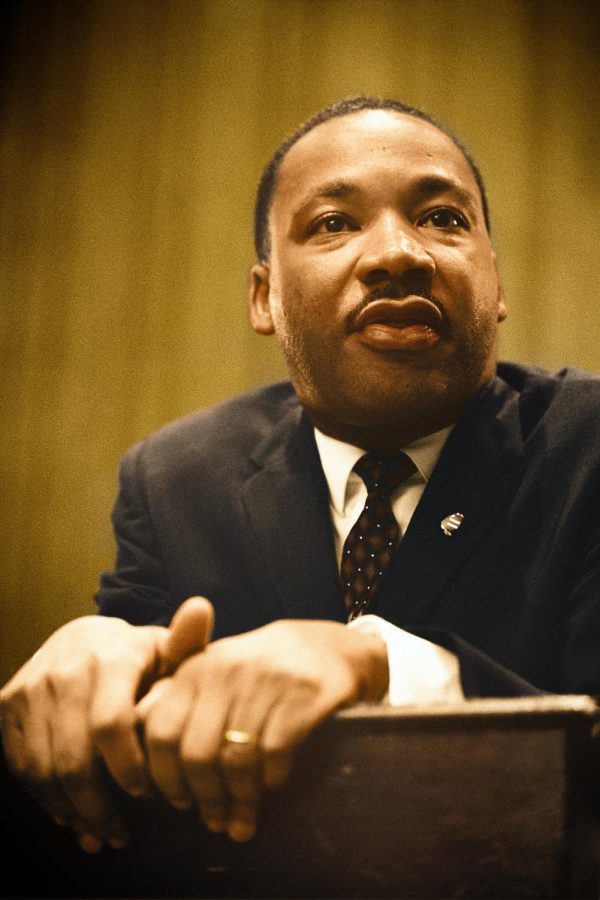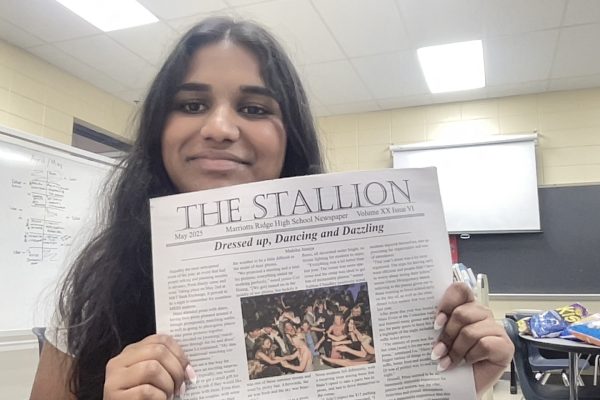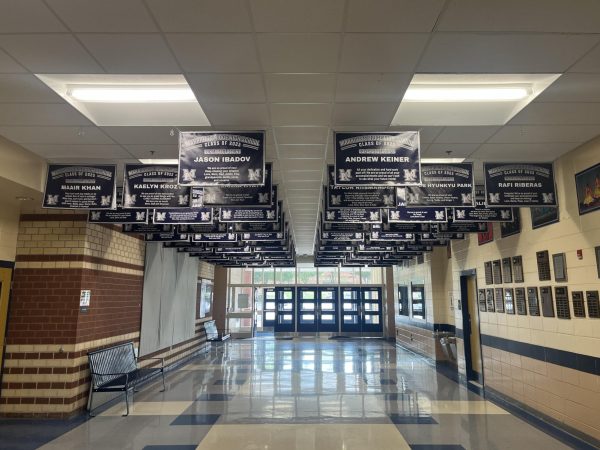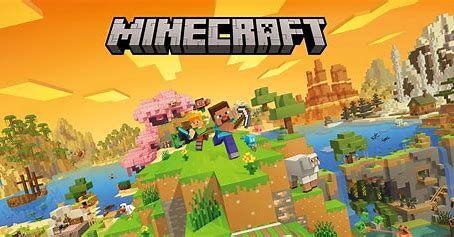BSAP Liaison Encourages Black History Education
During the month of February, in honor of Black History Month, Black Student Achievement Program (BSAP) Liaison Mr. David Evans spent this month sending out emails to staff members across the county challenging them to learn about various black innovators and historical figures, leaving a positive impact for many.
Mr. Evans hoped that his emails would not only acknowledge the accomplishments of African Americans to the U.S., but to also help recognize the erasure of their contributions to the country’s history. He wanted to make everyone aware that African American genius is forever prevalent. Black History Month is a time to learn and reflect on the impact that African Americans have made, and how different the world would be without them. It was not only Mr. Evans who felt this way, but also teachers and staff at the school.
Black History Month is meant to teach about the systemic issues in the nation and how they have contributed to the diminishing of African American accomplishments. However, the month is also about lifting and highlighting their voices, and celebrating them in other fields, such as the entertainment industry. These recognitions should not stop in February.
Instead of pouring all of our energy into these 28 days, “we should celebrate our nation’s successes and try to continue healing,” Mr. Evans said.
The contributions and work of African Americans are being incorporated more and more into the curriculum, a much needed factor in teaching the younger generation about Black History. Using a scavenger hunt-like format, Mr. Evans sent out clues about lesser known innovators, all of which were presented by students.
Many teachers enjoyed the opportunity for competition and knowledge every morning.
“They were great, you had them every morning and it was like a little contest. I’m very competitive, so I liked the contest every morning,” Ms. Rhodeside, Spanish teacher, said.
Not only did teachers love the trivia and learn a lot, but they also used this as a chance to add to their lessons now and in the future.
“As a social studies teacher, I think that we have a responsibility to teach the lived experiences as well as the accomplishments of African Americans and all marginalized groups within American society. We can and have to find ways to incorporate these experiences into lessons,” US History teacher Mr Malt said. He explained how there isn’t enough time spent on the first African Americans elected to governments or of the black entrepreneurs during the Industrial Era.
Mr. Beall, who is not only a theater teacher but also a leader of the school’s diversity, equity, inclusion team, mentioned how he not only found examples of black actors and actresses on Broadway for his classes, but also found resources to recommend to other staff members. “Black Americans have contributed to our livelihood, and it’s something that unfortunately we may not recognize because of systemic issues and hundreds of years of mostly white people being in charge. So much has come from just a white lens, and I think it’s great to just expand our horizons and, for many people, to see there’s a lot more to American culture than what white people have done,” Mr Beall said.
This was a step in the right direction for inclusion and appreciation. Not only should people learn and reflect on the past, but they should also use this knowledge and understanding to improve the narrative of history moving forward.
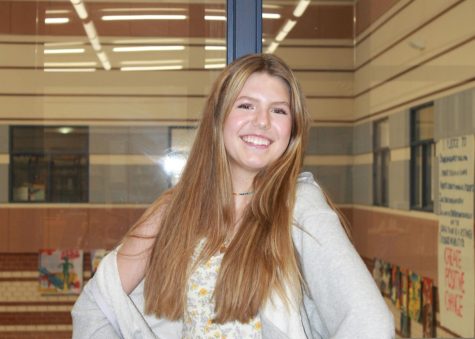
Hey y'all! My name is Meghan, I’m a senior, and this is my fourth year in journalism. I love all things social media and entertainment, so my job on...


